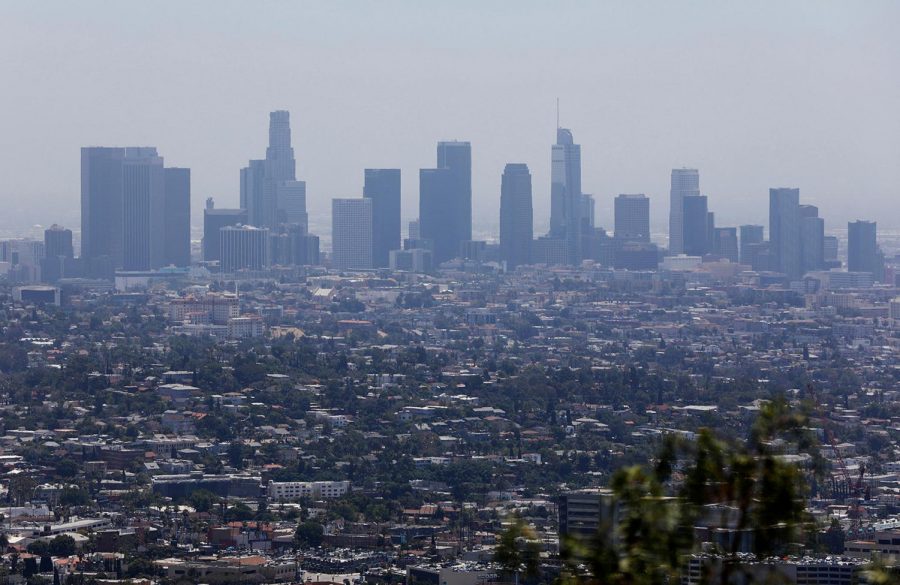People are working remotely, bustling streets have come to a halt, and airplanes are close to empty. COVID-19 has changed the pace of our entire world within a couple of months. While there are many travesties from this pandemic, a silver lining is circling the world. The environment may be reaping the benefits. Emissions are going down and air quality is on the rise. As for the ecosystems, time will be the only thing to tell.
A study done by Carbon Brief, a U.K. based website focused on providing information regarding climate change, suggests that the crisis temporarily cut carbon dioxide emissions in China by 25%. This is a dramatic thing for China since it is one of the main countries contributing to the release of greenhouse gases around the world. On the other hand, the Carbon Brief also states that emissions can quickly rebound after this pandemic unless the pandemic can create lasting structural changes somehow.
Not only is China seeing a difference, but the European Space Agency states that Italy is also reaping benefits. New data suggests that the Copernicus Sentinel-5P satellite revealed the decline of air pollution in Italy, specifically nitrogen dioxide concentrations.
BBC also states, research at Columbia University has discovered that because traffic levels in New York are down 35% compared to a year ago, emissions of carbon monoxide, mainly due to cars and trucks, have fallen by around 50%. These gases are serious air pollutants and also indirectly contribute to the warming of the planet.
In an article in El Pais it states that in Madrid the average level of nitrogen dioxide recorded on March 17 was 75% lower than the previous week. In Barcelona, it fell by over 45%, according to data gathered by Adrian Fernández, the head of Greenpeace’s Mobility campaign.
These gases are significantly being decreased all around the world and it could have a major impact on the environment in regards to global warming being slowed. However the question being asked is if all these changes are viable for the future. Social media may be deceiving people with photos, but information proves to be different.
For example, the reason the Venice Canal is clear is not because it is cleaner. The lack of boats has led to the sediment on the bottom staying put.
Other evidence from the Carbon Brief predicted that this whole pandemic could reduce greenhouse gases so much that it could prevent abrupt collapses of ecosystems. Limiting global warming to below 2 degrees Celsius is the goal of the Paris Agreement and this could delay the date of exposure by up to six decades.
However, it could also be too abrupt for wildlife ecosystems to handle. For instance, uncontrolled climate change would see tropical ocean ecosystems exposed to potentially catastrophic temperature rise by 2030, says the Carbon Brief. So as for the animals and coral reefs, dramatic temperature changes after quarantine ends may have bad short term effects or good long lasting effects. It is something environmentalists are certainly keeping an eye on.




